When you're having a garage sale, one of the toughest tasks is pricing your items. If you put a price tag on your old golf clubs that’s too high, no one will buy them. If you make the price too low, they might sell quickly, but you’ll spend the rest of the day wondering if you could have gotten more!
It's similar to selling your home — except with your home, the stakes are much higher. You want to price your property to sell, but you don’t want to leave any money on the table.
How do you accomplish that?
Setting the right list price for your home requires a combination of skilled calculation and industry savvy.
Let's start with the "calculation" part...
When you work with me, I'll review recently sold properties that are similar to yours in type, size, features and location. Then, using that data, we’ll calculate a range that represents your property's "current market value."
For example, consider a spacious 15-year-old bungalow in a nice neighbourhood. If similar homes in the area have sold for $475,000-$550,000 in the last six months, then it's obvious that your home should sell in that range too. A list price above or below that range would be in the danger zone.
But skilled calculation is only half the task.
Setting your list price also requires expertise in the local market, combined with good old-fashioned gut instinct. That instinct comes from being on the front lines of many property transactions.
That's why working with a good real estate salesperson is so important, when you’re deciding on the list price for your home.
Want to discuss selling your home? Call me.



















